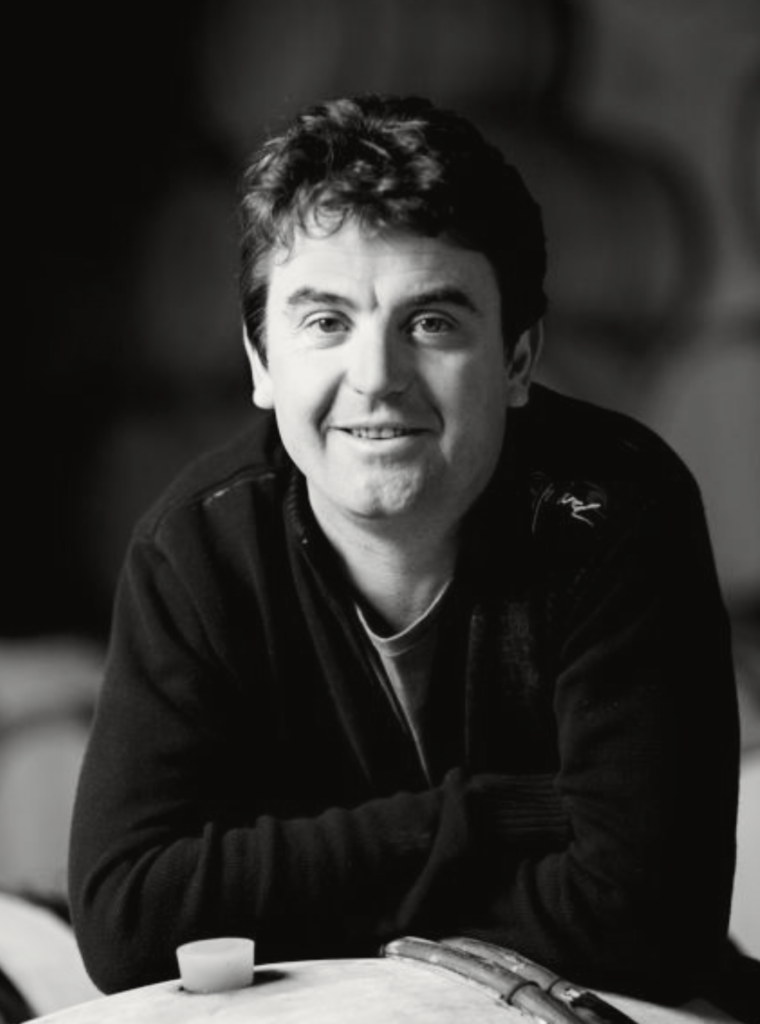The news of Nicolas Potel’s death on June 27, 2025, sent a wave of sadness through Burgundy and far beyond. He was just 55. His life ended near Saint-Romain in a car crash, which officials later confirmed to be a suicide. It’s a heartbreaking loss, not only for those close to him but for anyone who has followed Burgundy’s wine story over the last three decades.

Nicolas came from winemaking royalty—his father, Gérard Potel, was a revered figure at Domaine de la Pousse d’Or in Volnay. Nicolas grew up surrounded by barrels, vineyards, and the deep rhythms of the Côte de Beaune. When Gérard passed away suddenly in 1997, the domaine was sold. It was a moment of both personal and professional rupture for Nicolas.
Out of that grief, he started anew. In 1997, he launched Maison Nicolas Potel, a négociant house that quickly gained international attention. With a keen sense for site selection and a commitment to transparency and terroir, he crafted wines that felt fresh and honest. They didn’t chase trends—they simply reflected where they came from.
The business grew fast, and with growth came complications. By 2009, outside investors had taken control, and Nicolas was forced out—losing not just his company, but also the legal right to use his own name on wine labels. For anyone, it would be devastating. But for Nicolas, whose identity was intertwined with his work, it was especially cruel.
Rather than leave winemaking behind, he quietly laid the groundwork for something new. He began buying old vineyard plots and soon founded Domaine de Bellene, based in Beaune. It was a return to the soil: low-intervention farming, organic practices, and a cellar powered by solar panels and heated with vine cuttings. His wines from Bellene were structured, soulful, and marked by integrity.
Alongside the domaine, he also launched Maison Roche de Bellene, his new négociant label. Through it, he partnered with growers who shared his values, focusing on old vines and low-impact viticulture. Whether it was an elegant Nuits-Saint-Georges or a rustic Bourgogne, the wines bore his quiet signature: clarity, restraint, and trust in the vineyard.
Nicolas was never a showman. He didn’t talk much, but when he did, it was with purpose. He believed that if the vine and soil were healthy, the winemaker’s role was simply to step aside. That humility—and his absolute refusal to cut corners—earned him deep respect across the wine world.
His passing has forced a broader reckoning. The pressures on Burgundy’s independent winemakers have grown intense: climate volatility, rising costs, growing bureaucracy, and shrinking yields. A recent survey found that more than half of Burgundy producers have experienced burnout. Nicolas’s death has brought those quiet struggles into painful focus.
But beyond the sadness, there’s gratitude—for the wines he left behind, for the risks he took, and for his refusal to compromise. He is survived by his children Alphonse, Antonia, and Emilien, as well as his former wife Anna. His legacy lives on in every glass poured from Domaine de Bellene or Roche de Bellene.
So if you have a bottle, open it. Let it breathe. Taste it slowly. And remember the man behind it—not just a winemaker, but a human being who believed that great wine comes from honesty, care, and love for the land.
We’ve lost someone irreplaceable. Let’s not forget him.